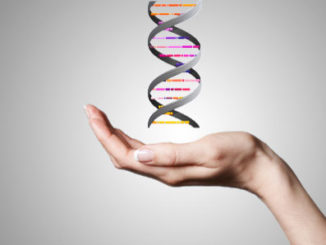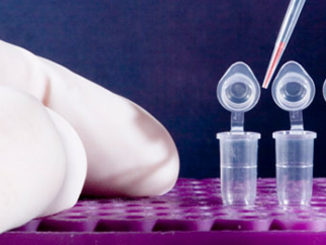Artificial Intelligence and GPT-Powered Skin Epigenetics: Applications in Personalized Skincare
Epigenetics refers to the modifications of DNA by adding chemical tags, which switch genes on and off without altering the underlying DNA sequence. This process, known as epigenetic regulation, occurs in every person and changes throughout their life. Notably, skin aging, health, and beauty are influenced by environmental interactions, and these changes are governed by epigenetics rather than genes alone. Thus, epigenetic regulation is a pivotal factor in controlling one’s skin aging, health, and beauty status, offering dynamic and reversible [more…]











